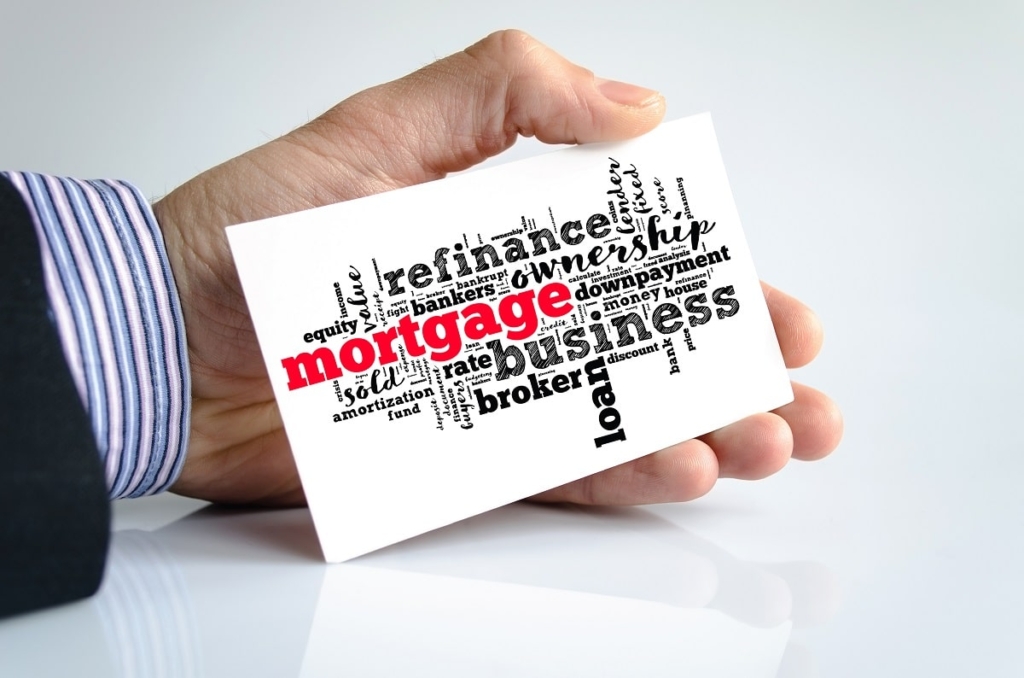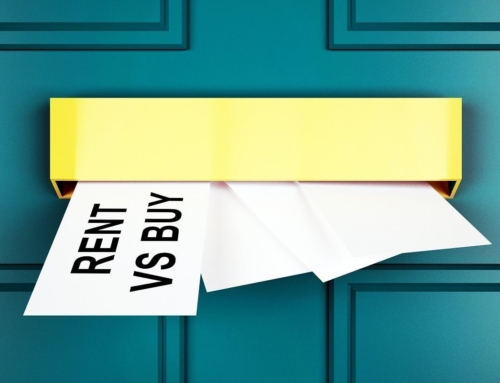There are many different types of mortgage loans available to borrowers. Before purchasing property, it is important to have an understanding of the various types of loans available and the long-term impact the loans can have. Different types of loans have their own benefits and drawbacks, and it’s important to find a loan that is suitable for your needs. Summit Way Realty breaks down the different types of mortgage loans for first-time buyers and others in the following article.
Types of Mortgage Loans
Conventional Mortgages
Also known as a conventional loan, this type of mortgage is not secured by any sort of government entity. Instead, these loans are offered by private lenders, like banks, credit unions, mortgage companies, or one of the two enterprises sponsored by the government: Fannie Mae and Freddie Mac.
What is the best mortgage loan type? The best mortgage loan type depends on the buyer. The interest rates for conventional mortgages are typically higher than the rates for mortgages backed by the government. However, these loans have a fixed rate of interest. Fixed-rate mortgages means that the interest change will remain the same for the duration of a loan.
The requirements for these mortgages are typically stricter than they would be for a government-backed loan. In order to secure a conventional loan, applicants will usually be asked to provide various documents, such as proof of income. An applicant’s credit score and credit history will also be considered.

Jumbo Mortgages
A jumbo mortgage is a type of financing that goes beyond the limits put in place by the Federal Housing Finance Agency. The loans are often used when purchasing a property in sought-after locations or luxury homes. While a conventional mortgage can be securitized or purchased by Fannie Mae or Freddie Mac, that is not an option for these larger loans.
FHFA limits vary from one state to the next. While the typical limit is currently set at around $480,000, in housing markets with a higher average housing cost, limits could be upwards of $726,525. The FHFA uses a different mortgage calculator when calculating limits for property purchased outside of the continental United States.
In order to secure a jumbo loan, it is necessary to have an exemplary credit report. Applicants must also have a low debt-to-income ratio. Average APRs for these loans are in line with conventional mortgages. Down payments of 10-15% of the property purchase price are standard.

Government-Insured Mortgages
Government-insured mortgage programs make it easier for buyers to secure a home loan. With these mortgages, a loan is issued to a borrower by a private lender. The government-insured the loan, which means the lender is protected against losses if the borrower fails to repay.
Borrowers in the United States have access to three government-insured lending programs. The most popular option is the Federal Housing Administration mortgage program (FHA loan). These loans allow borrowers to make a down payment as low as 3.5%. Because the government-insured mortgages are easier to qualify for they are one of the most common first-time homebuyer grants.
Are there zero down mortgage loans available? The Department of Veterans Affairs has a home loan program that is available to veterans and members of the military. These loans provide 100% financing, which means that no down payment is required. There is also the USDA home loan program. USDA home loan provides financing to borrowers purchasing a property in low-population or rural areas. Borrowers must also meet specific income requirements.
Fixed-Rate Mortgages
As the name implies, the interest rate for fixed-rate mortgages is a fixed rate. While the principle of the loan can vary from one payment to the next, the total payment owed will remain steady. Because of this, these types of loans for homes are ideal for buyers that need to stick to a specific budget.
The amounts put toward interest and principal will vary over the life of the mortgage. Borrowers can see what their payments will go to by looking at the amortization schedule for the loan. During the initial years of a mortgage, payments will mainly go towards interest. Later payments will cover the principle of the loan.

Adjustable-Rate Mortgages
In contrast, adjustable-rate mortgages have a variable interest rate. Initially, the interest rate for these loans is set below the current market rate for a fixed-rate loan. Over time, the interest rate will increase. The total interest paid is likely to be higher than it would be with a fixed-rate mortgage.
The adjustment period on these loans can be anywhere from a single month to a decade. Generally speaking, the shorter the adjustment period is, the lower the interest rate will be. After the adjustment period has concluded, the interest rate resets and is calculated based on current market rates.
Reverse Mortgage
Continuing with our types of loans, next is the less common loan type, the reverse mortgage. What separates a reverse mortgage from a standard home loan is that the borrower does not make monthly payments. Instead, a loan must be repaid when a borrower is no longer using a home as their primary residence. The amount owed on most loans will decrease over time, but with a reverse mortgage, that amount will increase until the loan is repaid.
These loans may seem like free money, but it’s important to remember that the loan will need to be repaid by either the homeowner or their heirs. Because of the way these loans function, they can be difficult to secure. Borrowers have a three-day period in which they can choose to cancel a reverse mortgage.
Balloon Mortgage
A balloon mortgage has an initial period in which monthly payments are low or nonexistent. After that initial period has passed, the borrower is required to pay off the entire loan in one lump sum. These loans can be advantageous, but they have a high level of risk.
These are typically short-term loans, lasting somewhere between 5 and 7 years in total. These types of mortgages are an excellent choice for people that only plan to stay in a home for a short period of time. If a borrower decides to remain in the home, they have the option of refinancing the home before the balloon period is due.
What is the best mortgage loan type for you? Before applying for a mortgage, it can be helpful to look at the different types of loans that are available. Compare different lending options and consider what types of mortgages are suitable for you. Having more information at your disposal will allow you to make a smart decision about how to proceed. If you’re a first-time homebuyer, it is important to look at all the different first-time home buyer loan requirements. We hope this article helped make the different types of mortgage loans easier to understand. Contact Summit Way Realty for real estate questions, concerns, and inquiries.








